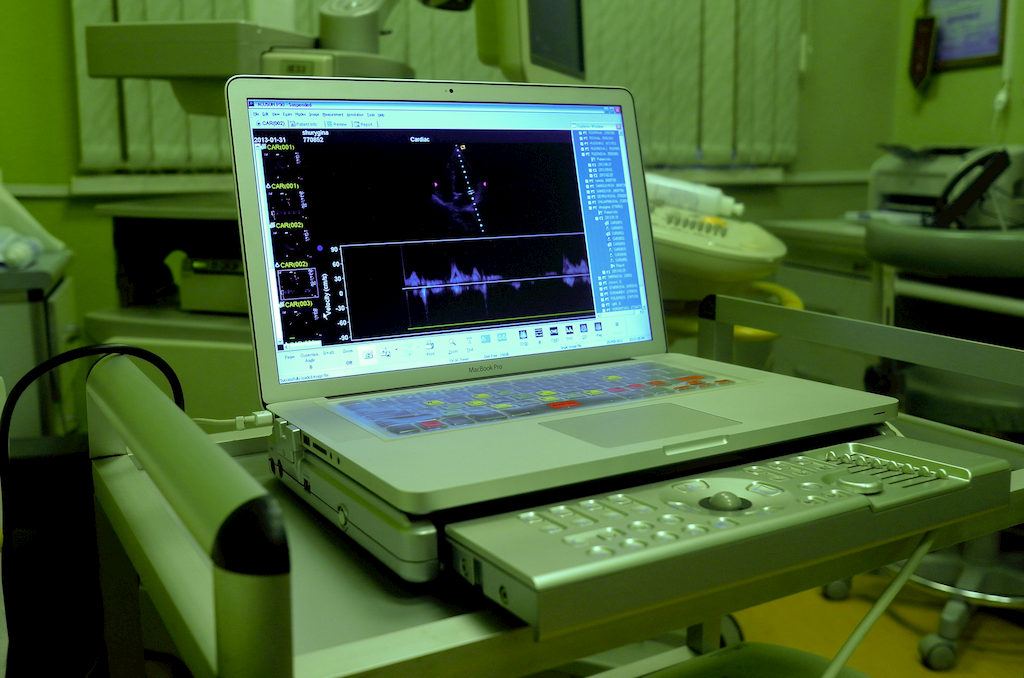Ultrasound of the urinary system

Ultrasound of the urinary system includes a study of the ureters, kidneys, bladder and adrenal glands. Diagnosis is usually prescribed by a urologist, carried out in a transabdominal way. The method is painless, does not bear radiation exposure to the patient, and can be used an unlimited number of times.
Indications for ultrasound of the kidneys, bladder and ureters:
- pain, pain during urination;
- the presence of blood, protein in the urine;
- suspicion of the presence of tumors or stones in the organs of the urinary system;
- back pain, lower abdomen;
- kidney injury;
- developmental anomalies;
- frequent urination;
- inflammatory phenomena.
Possibilities of ultrasound of the urinary system
Ultrasound of the urinary system allows:
- visualize the location of the kidneys and bladder;
- study the structure of the tissue of the genitourinary organs, the diameter of the ureters;
- to identify the volume of residual urine after the performed urination;
- diagnose tumors, cysts and other formations;
- detect pathologies of the urinary organs, the size, location and shape of the kidneys;
- to identify infectious and inflammatory processes, changes in the renal parenchyma.
Ultrasound of the genitourinary system is of great diagnostic value. It is used when calculi, blockage of the ureter with a stone or tumor are suspected. This research method makes it possible to study the structure of the bladder, the amount of residual urine, detect pathological protrusions and formations. Ultrasound is the main way to identify pathologies in urology and gynecology. Without this research, the doctor does not make a definitive diagnosis.
Preparation for an ultrasound of the urinary system
An ultrasound of the kidneys, ureters, and bladder is performed only after the bladder is sufficiently full. An hour before the procedure, the patient needs to drink water or other liquid in a volume of 1-1.5 liters. You can't urinate after that. Don't drink too much. This can lead to overstretching of the bladder walls and the inability to conduct a study.
In young children, preparation for diagnosis is sometimes not fully carried out. It is impossible to prevent a child from urinating. Parents are advised to give babies to drink not in 40-60 minutes, as an adult, but shortly before the procedure.
Doctors







